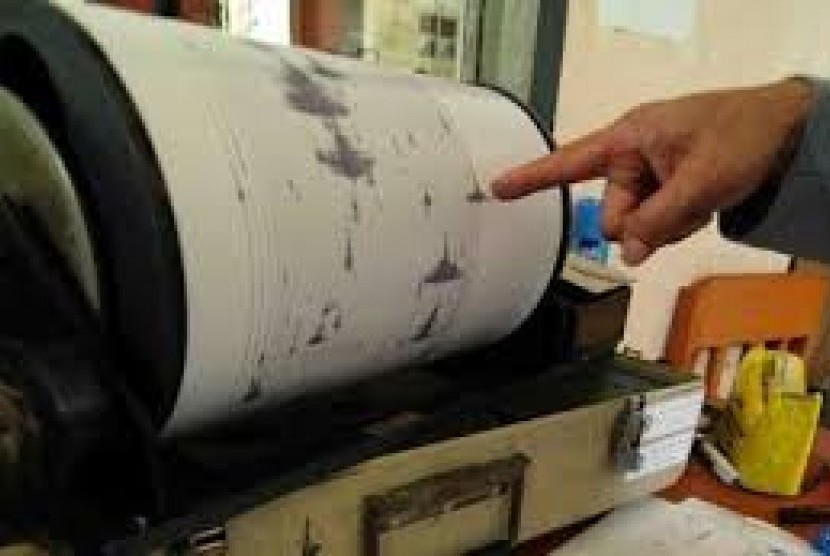REPUBLIKA.CO.ID, QUITO -- Ecuadorian President Rafael Correa said Monday the country is gradually returning to normal after a devastating earthquake shook Ecuador's northern coast, killing at least 660 people.
"Manabi, Esmeraldas, the whole country is slowly getting back to normal, in quotation marks, because we can't forget this immense pain of 660 deceased siblings," said Correa during the inauguration of a school in the hard-hit coastal province of Manabi.
The April 16 earthquake, measuring 7.8 degrees on the Richter scale with its epicenter in Manabi, also affected the neighboring province of Esmeraldas, leaving over 4,000 injured and almost 29,000 affected.
With international aid from several countries including China,the government has set up temporary shelters to house the victims in both provinces, and reconstruction in the damaged areas is being planned.
Now, 23 days after the earthquake, the Ecuadorian president said that Manabi has 99 percent of electricity and 100 percent mobile telephone coverage.
Correa said water distribution is at the same level as it was prior to the quake except in some specific zones for security reasons.
Fuel such as gas and diesel "has always been available, and it was never cut" despite the emergency, according to the president.
The president also said that some 25 mobile education units will be set up in Manabi with a capacity for 75,000 students.
In the coastal region, where a new school period started last week, it is hoped that all the pupils could return to classes by July 4.
Correa said his country would overcome this tragedy, adding reconstruction in the affected areas will take years and will cost billions of U.S. dollars.
"This is not to dishearten us and it is not to alarm us. It is so that we are realists, effective, efficient and pragmatic. For that reason, (economic) emergency measures have been adopted for the rebuilding," said the president.
Correa said the "hardest" measure is the temporary 2-percentage-point increase in Value Added Tax (VAT) from 12 to 14 percent. This measure was proposed in an urgent draft bill, which is currently going through the National Assembly.
This measure will not affect the poorer people because the tax does not apply to most of the foods and medicines, according to the president.
For that reason, "the poorest people's economy will be protected and in the affected areas, these measures will not apply," said Correa.


